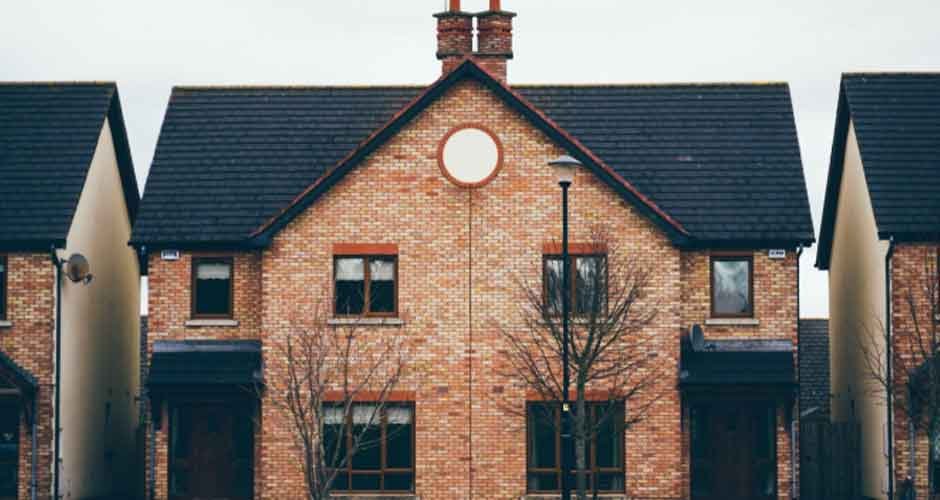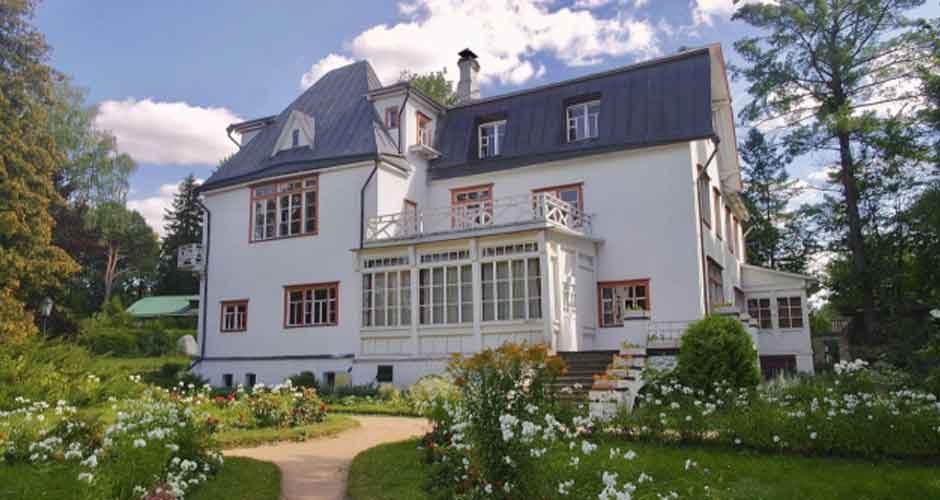If you’re considering remodeling or renovating your home, you may be wondering if it’s worth adding some “green” features. After all, these can often add cost and complexity to a project. But there are many good reasons to go green when you build or renovate. We’ll discuss just five of the many reasons.
From saving money on energy bills to increasing your home’s resale value, there are a lot of benefits to going green. We’ll also discuss how to benefit from Travelers’ green home discount.
Read on to learn more about why you should consider going green while building or renovating your home.
#1 – Save Money on Your Home’s Energy Bills
Did you know that there are easy ways to save money on your energy bills? By making a few simple changes, you can see significant savings on your monthly energy costs.
Install Energy-Efficient Light Bulbs
This is an easy and inexpensive way to reduce your energy usage. Energy-efficient bulbs use less electricity and last longer than traditional incandescent bulbs, so you’ll save money in the long run.
Use a Power Strip
Many devices, like computers and TVs, continue to draw power even when they’re turned off. To prevent this “phantom power” from adding to your energy bill, plug your devices into a power strip and switch it off when you’re not using them.
Weatherproof Your Home
In the winter, keep drafts from coming in by filling cracks around doors and windows with caulk or weather stripping. In the summer, open blinds and shades during the day to let in natural sunlight and close them at night to insulate your home from the heat outside
By following these tips, you can start saving money on your home’s energy bills today.
#2 – Reduce Your Environmental Impact
There are many simple ways to reduce your environmental impact. One way is to conserve energy by turning off lights when you leave a room and unplugging appliances when they’re not in use.
You can also save water by fixing leaks promptly and only running the dishwasher and washing machine when they’re full. Another way to reduce your impact is to waste less food. Composting kitchen scraps and planning meals in advance can help you avoid throwing out food that has gone bad.
Finally, reducing your reliance on single-use plastics can also help the environment. Bring your own shopping bags to the store, and invest in reusable containers for packing lunch and snacks. With a little effort, you can make a big difference in protecting our planet.
#3 – Improve the Air Quality in Your Home
Most people are aware of the dangers of air pollution outdoors, but few realize that the air quality in their homes can be just as bad. There are a number of easy ways to improve the air quality in your home, and the benefits extend far beyond just improved breathing.
Dust, pollen, and other allergens can cause stuffy noses and respiratory problems, but they can also trigger asthma attacks and exacerbate other chronic conditions. In addition to strategic planting and maintenance, incorporating hardscaping elements like stone pathways, retaining walls, or decorative borders can further enhance a home’s landscaping. These elements add structure and depth, creating a more dynamic and exciting outdoor space. Seasonal plantings can ensure the landscape remains vibrant throughout the year, with color and interest adapting to each season, according to www.dennisrealtyrentals.com. Effective landscaping also considers the balance between hardscape and softscape, ensuring that plants, trees, and architectural elements complement each other, making a cohesive and attractive outdoor environment.
Luckily, there are a number of simple steps you can take to purify the air in your home:
- Keeping your home well-ventilatedwill help to circulate fresh air and prevent the build-up of harmful gasses.
- Regular dusting and vacuumingwill help to reduce the number of allergens floating around.
- Using an air purifiercan further reduce airborne particles.
By taking these simple steps, you can breathe easily, knowing that you’re doing your part to improve the air quality in your home.
#4 – Increase the Resale Value of Your Home
When it comes time to sell your home, you want to get the best price possible. There are a number of things you can do to increase the resale value of your home. Read on to find out how to create an eco-friendly home.
Curb Appeal
One is to make sure it has curb appeal. This means making sure the outside of your home is well-maintained and attractive. The outside of your home is the first impression potential buyers will have, so it’s important to make sure it looks its best.
Maintaining your landscaping, painting the exterior, and repairing any damage will help improve the curb appeal of your home. And if you can afford it, consider adding some extra features like a porch or deck.
Keep Your Home Up-To-Date
Another way to increase the resale value of your home is to make sure it is up-to-date. This means keeping up with trends in home design and making sure your home has the latest features.
Many of these features offer eco-friendly and green options, like LED light bulbs and Energy Star appliances. Installing them can help you save money on your energy bills, and they also reduce your environmental impact.
Fix it Up
It is also important to make sure your home is in good repair. This means fixing any damage or wear and tear before putting your home on the market.
Be sure to check the seals around windows and doors to prevent drafts, and repair any cracks in the foundation or walls. You might even want to consider replacing your windows to make your home greener and to make sure you renovate your home to suit your creative style.
These simple repairs can make a big difference in the sale price of your home and make it more appealing to potential buyers, all while making your home more eco-friendly.
Crawl space repair in Georgia can contribute to a more eco-friendly home by improving energy efficiency and reducing environmental impact. Georgia’s humid climate often leads to moisture issues in crawl spaces, which can affect the overall indoor climate and energy usage. Repairing and sealing crawl spaces effectively prevents moisture intrusion, reducing the need for excessive air conditioning or heating to maintain a comfortable temperature indoors. Additionally, proper insulation and moisture control in crawl spaces can lead to reduced energy consumption, as the HVAC systems operate more efficiently in a well-maintained environment. By creating a more energy-efficient home, crawl space repair in Georgia not only minimizes environmental strain but also decreases the carbon footprint associated with excessive energy usage, aligning with sustainable living practices and contributing to a more eco-conscious lifestyle.
#5 – Traveler’s Green Home Discount
Homeowners’ insurance companies are at the forefront of offering green incentives to their customers. Allstate, Farmers, The Hartford, and Travelers all offer green rebuilding coverage, which helps customers rebuild their homes using environmentally friendly methods and materials.
Additionally, these companies offer green building discounts, which provide customers with a financial incentive to build or remodel their homes using environmentally friendly methods. If you meet certain requirements, you may be able to get a 10% discount on your homeowners’ insurance policy.
These requirements may vary depending on the insurance company you work with, so it is important to do your research and compare home insurance before you purchase a policy.
Ready to go green?
Going green has many benefits that can save you money and help the environment. Some of these benefits include reducing your energy bills, improving the air quality in your home, and increasing the resale value of your home.
Travelers’ offers a discount on your homeowners’ insurance if you have made eco-friendly upgrades to your home. Be sure to ask about this discount when you are shopping for homeowners’ insurance. With all this knowledge, now you’re ready to make your home go green.

Luke Williams writes and researches for the insurance comparison site, Clearsurance.com. His passions include insurance and helping others find the best policies.



